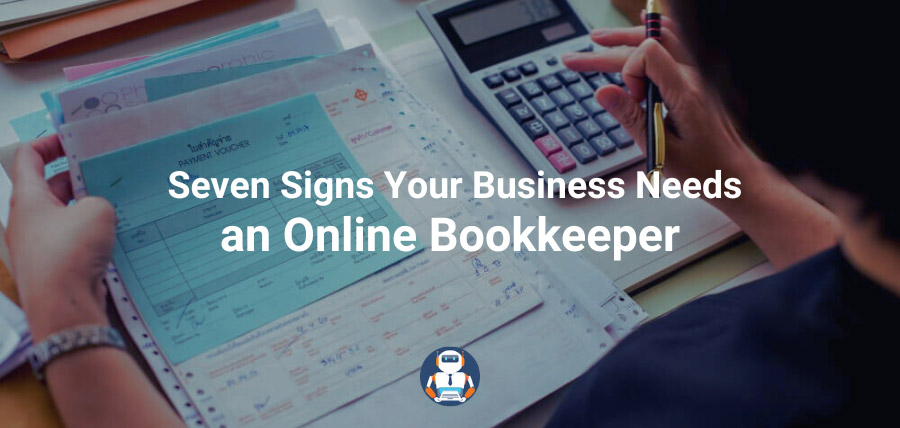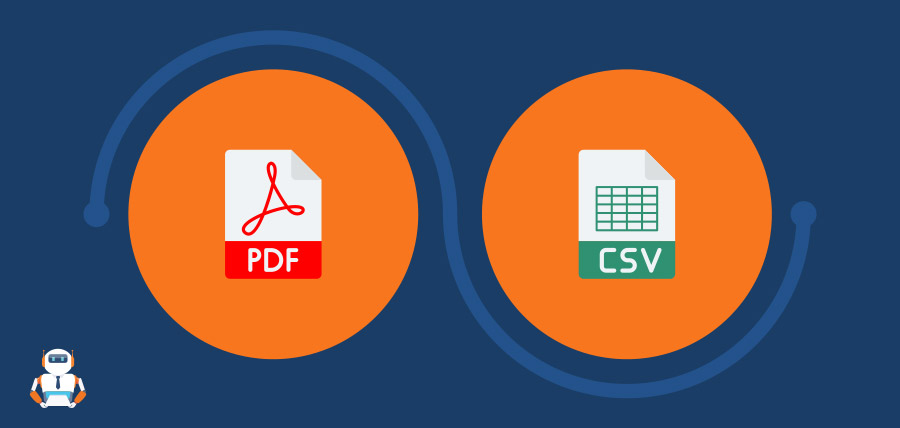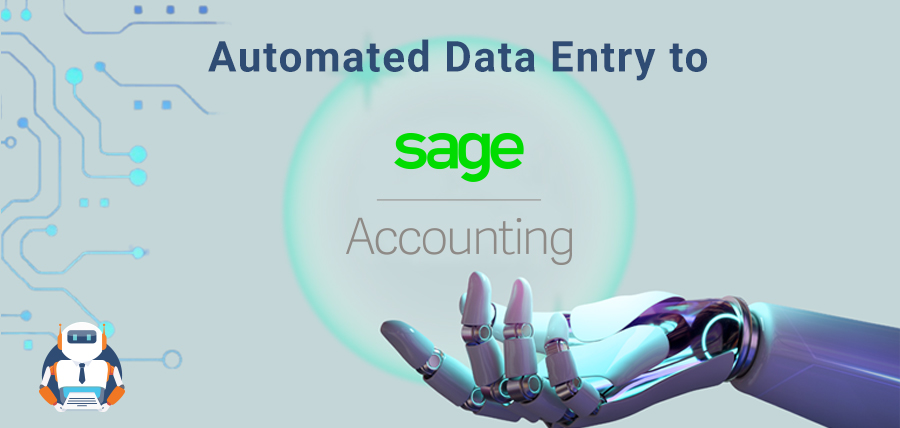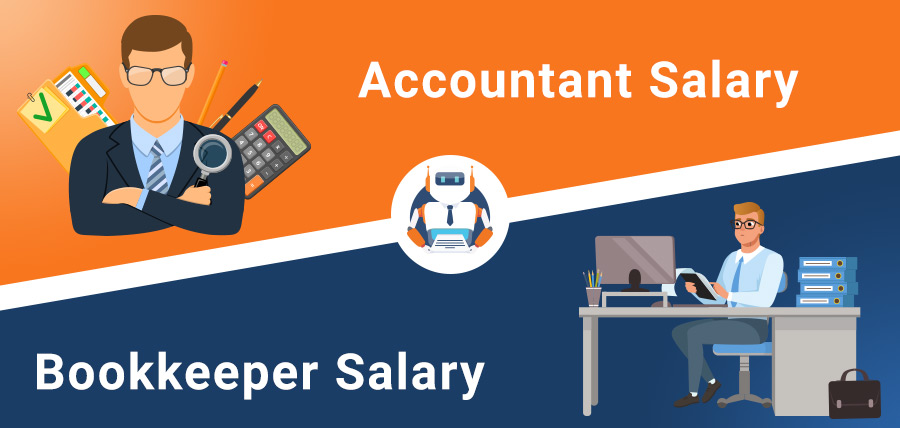Digital Technologies that will Rock the World of Accounting
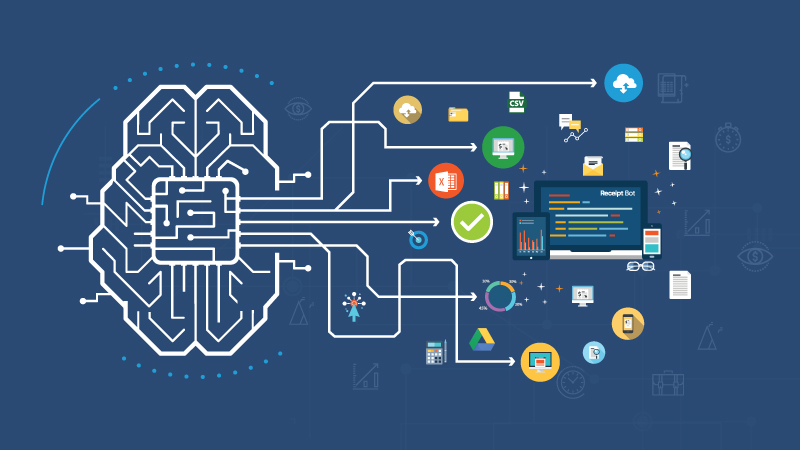
In this post, we will discuss what these technologies are how they are going to revolutionize the accounting profession.
Cloud Computing:
Cloud accounting means that the accounting software/ERP of the business is hosted on remote servers and can be accessed from any part of the world using a computer with internet connection. All the staff members can access the same accounting information around the globe in real time.
It not just improves the accessibility and removes the hassle of IT hardware management and security management, cloud accounting opens a whole new set of possibilities like live bank feeds and integrations with other cloud systems for real-time data transfer via open API.
A number of exciting cloud accounting applications are already available in the market for small and medium businesses and entrepreneurs, such as Xero, QuickBooks online and Freeagent.
Famous cloud ERPs include financialforce, Odoo, SageIntacct and NetSuite. Of course the old established enterprise ERPs, like SAP, Oracle, Microsoft Dynamics also have cloud versions.
Cloud Accounting is a well-established and fast evolving technology.
Artificial Intelligence and Machine learning:
Machine Learning is a form of Artificial Intelligence that enables software to learn on its own and improve results without requiring a human to change the logic of the program itself. This can have several implications for the accounting profession. AI-powered accounting applications can perform data sorting and data entry tasks with increasing accuracy, can do classification and categorisations of accounting transactions based on patterns in historic data and can automatically reconcile the accounts. Machine Learning powered expense management systems can validate expenses and Fraud Management applications can flag fraudulent transactions based on abnormality.
Machine Learning and AI are fast evolving technologies and are becoming ever more ubiquitous in cloud applications. Large data pools of cloud providers are enabling fast growth of machine learning, bringing the benefit to large and small businesses alike.
Data Analytics:
Data Analytics is the process of analysing data to identify patterns, trends and insights using statistical methods and modelling that can otherwise remain hidden. 90% of the world’s data has been created in the last two years, and with improvements in technology, the data has become more accessible. Every action performed on software or smart device creates data, and this data can be used for analysis, uncovering insights and decision making.
A restaurant point of sale computer, for example, creates the data of sales, purchases and profitability on each product and every transaction. Similarly, customer feedback, number of visitors, repeat customers and social media discussions are all different types of data. A restaurant manager can use this data for understanding their clientele better and attract more customers. For a more accounting focused task, the data can be used to model scenarios and forecast customer/business patterns to be able to plan accordingly. E.g. analytics is being used for cash flow forecasting and making hedging decisions.
Data Analytics is an emerging technology that is being rapidly adopted by medium and large enterprises.
Blockchain:
The blockchain is distributed ledger that is transparent, immutable, auditable and cryptographically secure. Blockchain apps are considered so reliable and trustworthy that currencies are being created and traded on this technology, generally known as Crypto Currencies. There are quite a few applications of blockchain technology in Accountancy and Audit. Being a shared ledger, Blockchain enables triple entry bookkeeping whereby transactions are also recorded on the counter party’s books in addition to your own accounting records.
Blockchain being immutable, auditing these transactions is a lot easier for compliance purposes.
Blockchain, can also enable instant transfer of funds and provide escrow capabilities at a fraction of the price allowing transactions between non-trusting parties at a fraction of the cost.
The blockchain is a relatively new technology that is expected to mature over the coming years, and experts believe we will see its real-world accounting applications in 2019 and 2020.
Conclusion:
Digitalisation is changing the world, which we live in, at a breakneck speed. Established and emerging digital technologies are making it easier for businesses and entrepreneurs to manage and grow businesses and serve their customers better than ever before. Adoption and proper utilisation of these can enable your business to create a great customer experience, plan better and develop timely financial insights to move ahead of the competition.
